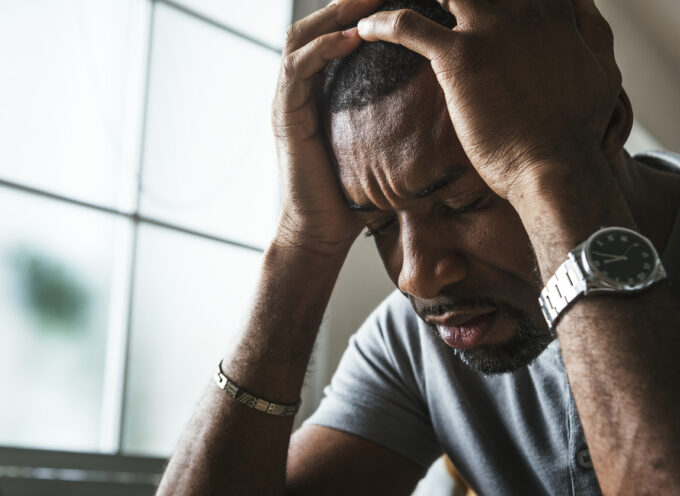Here are the top seven books I recommend on the topic of depression. Some of the books relate directly to the depressed person, while others communicate more directly to the caregivers of depressed persons. I will describe each book and then rank its level of difficulty on a scale of 1-5, with 5 being the most difficult. Level 1 is the category for a book you could give to any friend or family member. Level 5 is the category for a book that might be required in a PhD seminar.
Here is the list, arranged hierarchically, with the most accessible resources (Level 1) listed at the top and the more challenging resources listed in descending order:
- Chris Williams, et. al. I’m Not Supposed to Feel Like This. I found this book fascinating. Written for depressed persons, it is a self-help book undergirded by Cognitive Behavioral Therapy (CBT) but framed within a Christian point of view. Highly recommended as a gift for depressed friends and family members. Level 1.
- Arie Elshout, Overcoming Spiritual Depression. In this slim, partly autobiographical volume, Dutch author Arie Elshout explores suffering from a biblical point of view, drawing especially upon the prophet Elijah’s experience under the juniper tree, and making application even to practical matters such as diet, sleep, and self-esteem. It is worth reading for not only for persons who are suffering from depression but also for friends and family members of depressed persons. Level 1.5.
- David Murray, Christians Get Depressed Too: Hope and Help for Depressed People. This book is perhaps the most helpful volume for pastors and chaplains who are caring for depressed people. Murray explains depression from a spiritual, medical, and psychotherapeutic point of view and suggests approaches that pastors, churches, and caregivers can take when helping those who suffer. Level 2.
- Steve and Robyn Bloem, Broken Minds. Written by a pastor and his wife, this autobiographical treatment of depression helps the reader “walk in the shoes” of a depressed person. It draws upon Steve’s personal experience with clinical depression and Robyn’s insights as a loved one who walked with him through the valley. It rightly recognizes that depression often has many causes and cannot be reduced to a merely spiritual malady, and provides a rich treasure trove of practical information—including the help that can be found through government services, medical and psychotherapeutic treatment, and church involvement. Level 2.
- D. Martyn Lloyd-Jones, Spiritual Depression: Its Causes and Its Cure. This Christian classic is a collection of twenty-one sermons by a pastor-theologian whose analysis of depression and its causes has rarely been equaled. The author deftly explores the ways that God through Christ Jesus ministers to us in the midst of our depression. Level 2.5.
- Ed Welch, Depression: Looking Up From The Stubborn Darkness. In my experience, this book is the best one-stop treatment of depression from a Christian point of view. The author draws upon his twin lenses of reference—licensed psychologist and committed Christian—to provide a medically-sound, biblically faithful, and eminently accessible exploration of depression. Level 3.
- The American Medical Association, The American Medical Association Essential Guide to Depression. Although slightly-dated, this volume explains in nontechnical language the conclusions of contemporary medical experts. It defines depression in its various types, outlines who is most at risk for depression, outlines various treatment options, and offers suggestions for how to help friends and family members who are depressive or even suicidal. Level 4.
Subscribe
Never miss a post! Have all new posts delivered straight to your inbox.







